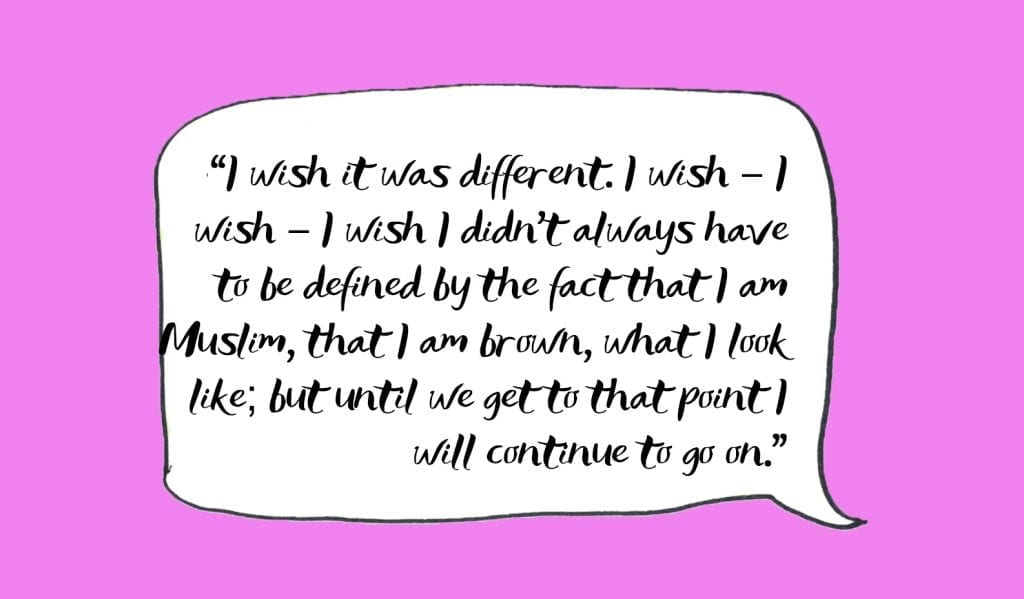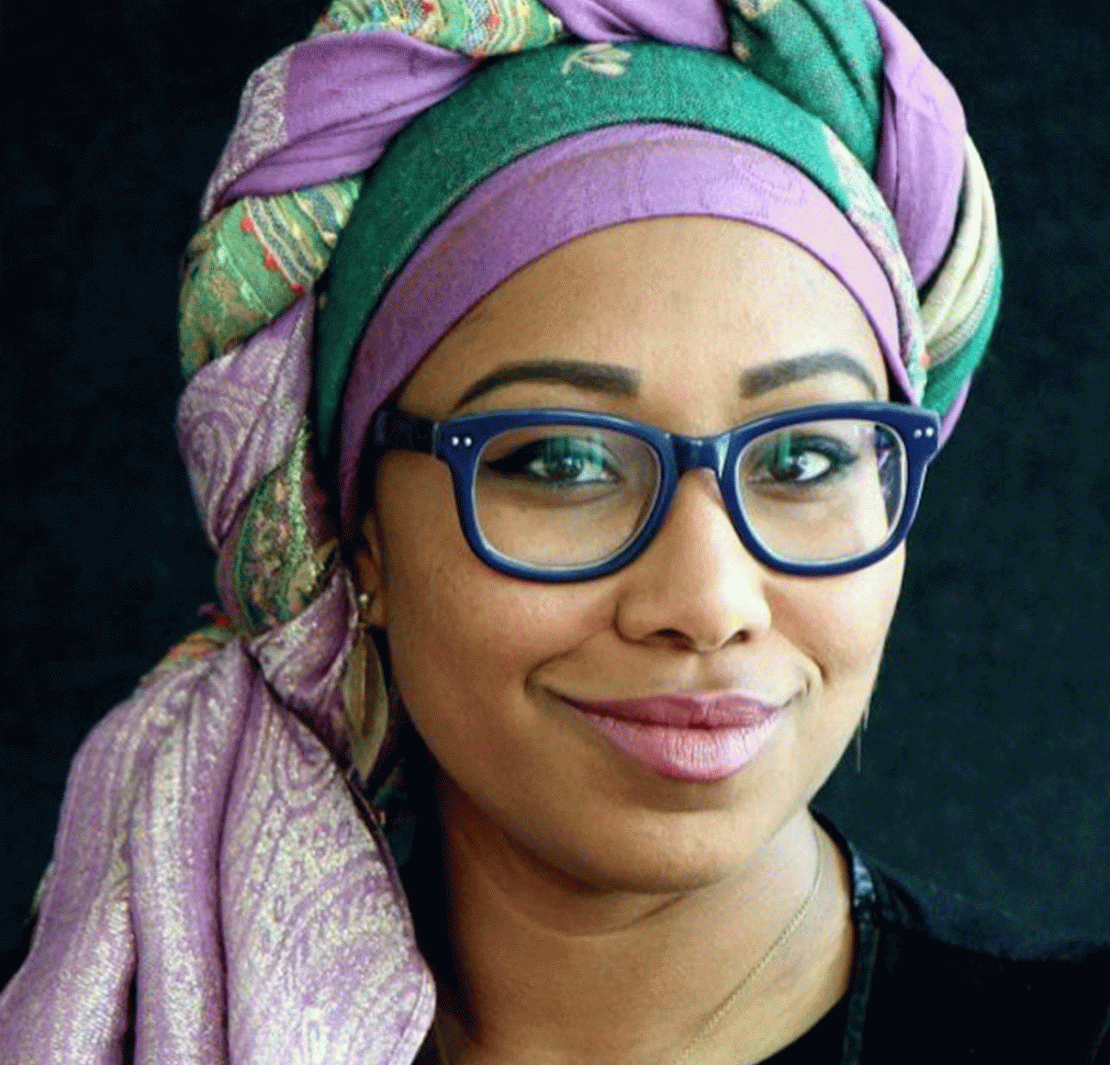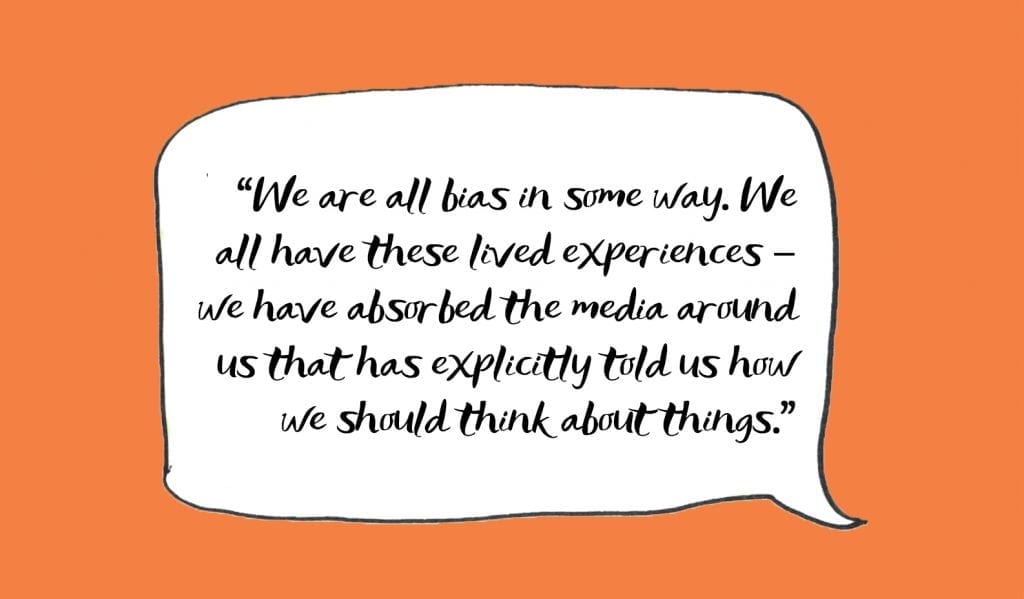Either Yassmin Abdel-Magied is nothing like you think she will be or she is exactly who you think she is. No ifs or buts around it. In the end, however, your perception of her doesn’t matter, because she’s never been anyone but herself.
And thank God (or Allah, or Buddha, or any higher power you worship) because here’s a bite size piece of Yassmin: she’s a Mechanical Engineer, a mix of Sudanese-Egyptian and Australian, Islamic, the recipient of nearly every young leader award that’s been handed out in the last four years and an author.
All of this you’d probably already know that if you follow her on Instagram, because she lives every aspect of her life in its unapologetic tangle of mix-matches. By mix-matches I mean…a half Sudanese-Egyptian, Muslim girl working on a remote Australian oil and gas rig? Well you don’t see that everyday!
But for Yassmin, who sees the humour and beauty in being one-of-a-kind; being a minority in maybe every instance of Australian culture made her determined to shift our thinking, challenge us to recognise our unconscious biases and stop questioning how we ‘value’ members of society based on what we think we know.
She’s tackling issues of religious bias, racism and sexism while managing a full time job – and as she said to me, some days she struggles to fit in all her pin-up girl duties. But after you read this interview you’ll be so damn grateful that she does.
We started on the hard question. Racism. Talking about racism has become as awkward as playing chicken with another stranger on the street that you don’t want to bump into and we wanted to know why.
FN: How do we address racism and ‘unconscious bias’ in society?
YAM: People are uncomfortable to think that they have these [particular] views, or that they subconsciously have these views or ways of being in the world that are at odds with how they think they are.
So what I like to do, is be very, very clear in teaching people from the beginning that no one is ever objective. No one can ever be objective. We are all bias in some way. We all have these lived experiences – we have absorbed the media around us that has explicitly told us how we should think about things.
So it’s undeniable, cognitively we all have bias. It’s hardwired into us.
So it’s not about being scared of that. No one is calling you a racist. It’s about learning to constantly challenge those ways of thinking because we are not always sure that they are based on the right things or, whether they might be limiting us and our interaction with the world – often without us even knowing it.
So, how we overcome this is by owning our own bias, our own faults and finding people to be in a conversation about this without fear of judgment.
A lot of people think that having a bias makes them ‘a racist’ – and because our society has such harsh perceptions that being a racist makes you a bad person, and no one ever wants to be considered a bad person, so how do you make the conversation non-judgmental, is the question?
FN: What unconscious bias have you experienced?
YAM: There is a Harvard Test that you can do online, I often direct people there. It asks you a whole heap of questions and then tells you the bias reflective of your attitudes toward certain things.
My results, well they really surprised me, it’s almost kind of embarrassing. My results showed that I considered the role of a homemaker and career to be more of a female role. And I mean I am a mechanical engineer, I promote females in STEM! But because my mother, who has several degrees and only took two years off to raise my brother and I, was our primary home support, so subconsciously there is a part of me that associates the role of a woman to home life.
So that’s something I am constantly challenging myself. I am in constant battle with myself about what a woman’s role is. Because you see I am doing all the things a woman doesn’t typically do despite the fact that I subconsciously have this perception that a woman should take a different path. But you know what, that just challenges you to understand that you don’t necessarily have to live your bias.
FN: It’s a lot about realising that you don’t need to be shaped by the experiences of other people, you need to educate and challenge yourself to define your bias.
YAM: Absolutely.
FN: And right now, Islam is a really topical point of contention in this country. How do you feel about that conversation, are you frustrated by the rigid attitudes that are emerging?
YAM: I am not going to lie, it can be really tough. It’s kind of like this is the one wedge which has been ok-ed in our country. But for me it always comes back to… well when I stand up and say something, there will always be those people that stand up and hate it, and those voices are really loud. But there are also a lot of really beautiful voices that are backing me up and driving social change. So I think for me, what’s happening right now gives me fuel to keep going. We cannot rest. It’s sad, it’s difficult, it’s frustrating – and you know, I wish it was different. I wish – I wish – I wish I didn’t always have to be defined by the fact that I am Muslim, that I am brown, what I look like; but until we get to that point I will continue to go on.
FN: It must be so hard to be defined as the face of religious social issues when you are defined by so many other incredible attributes and achievements.
YAM: I think it actually happened without me realising.
FN: Undoubtedly you are a very strong individual. I mean you have been tackling barriers for a long time, and with this gift of strength that you have – you have become a face of change, with or without you realising. But, I want to acknowledge and chat about those individuals who are a minority and who aspire to succeed in a non-traditional context.
YAM: Unfortunately anyone who is a minority will be seen differently to how they want to be seen, right? Ok so let’s look at being a woman in the engineering industry. Typically you enter the industry and are acknowledged as a woman first and an engineer second. But my advice is not to stay away because of that. Embrace that. Walk in with that understanding.
There are two ways to deal with it. One, you walk in and prove them wrong. You let your work speak for yourself. And secondly, you know what I learnt in my first few years in the industry, is that you are a minority and that’s just the reality. You can continually fight it or just accept it. When you accept that you are better able to start asking yourself what you can bring to the table.
It’s not about fitting it. You don’t have to act like a man if you are an engineer!? You have to be authentically you.
FN: I want to distil the misconceptions of the engineering industry. Can you tell me in two sentences what people think you do, and then what you actually do.
YAM: [laughs] I think people believe that mechanical engineers work on cars. That we literally work in mechanics. That we are greasy and sweat a lot.
What we actually do, well that’s pretty broad. We design, build and maintain anything that moves. Whether that is a car, a power plant, a boat. You are working in an office! You are working on-site! The scope is huge. We are in the business of fixing problems.
Fancy that, someone who is in the business of fixing problems mechanically is spending half of her time fixing them on a social scale too.
Our Footnotes:
I can’t help but advise the title of her next book should be “Yassmin Abdel-Magied fixing Australia one social bais and oil rig at a time,” but while that does have quite a nice ring to it, she isn’t even nearly as egotistical as to take my advice. Yassmin is generous with her knowledge and passions, she’s an ass-kicking writer and someone we should stop, listen and learn from.
Your Footnotes:
#MyStory is a global initiative that represents Instagram’s commitment and support of women; celebrating women through a social media lens and shining a light on their incredible stories shared every day on the platform. Yassmin is a fantastic example of how Australian woman are using Instagram to push the creative boundaries, challenging stereotypes, campaigning on the issues that matter to them and growing successful businesses.








